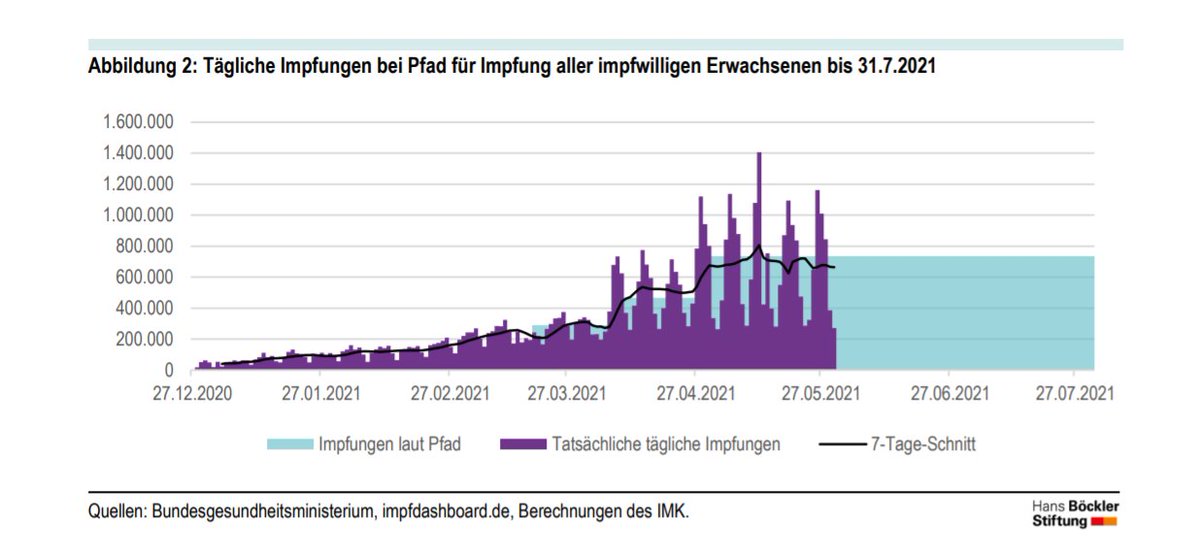
It is great to see #Vietnam moving up the value chain and developing its own tech, selling it in foreign markets.
OTOH selling hi-end EVs to Americans seems an odd focus. And not just for the reason cited here: it might be a costly failure.
1/4
OTOH selling hi-end EVs to Americans seems an odd focus. And not just for the reason cited here: it might be a costly failure.
1/4
https://twitter.com/johnreedwrites/status/1399923007301111808
🇻🇳 ppl currently rely overwhelmingly on motorbikes for private transport, but cars are increasingly common as the middle class expands . Trade agreements are also leading to cuts in hi import duties. Congestion and air pollution are huge problems in urban areas.
2/4
2/4
At the same time🇻🇳 has gr8 potential for solar and wind power.
It could become a world leader in electric motorbikes & small affordable EVs. These cd be exported but wd more importantly address pressing domestic economic & ecological development issues.
3/4
It could become a world leader in electric motorbikes & small affordable EVs. These cd be exported but wd more importantly address pressing domestic economic & ecological development issues.
3/4
This wd require a joined-up development strategy, however. Rather the country seems to rely on a one product national champion a la Tesla, which in the Vietnamese context carries major political-economy risks.
@miketatarski @findingsen
4/4
@miketatarski @findingsen
4/4
• • •
Missing some Tweet in this thread? You can try to
force a refresh






